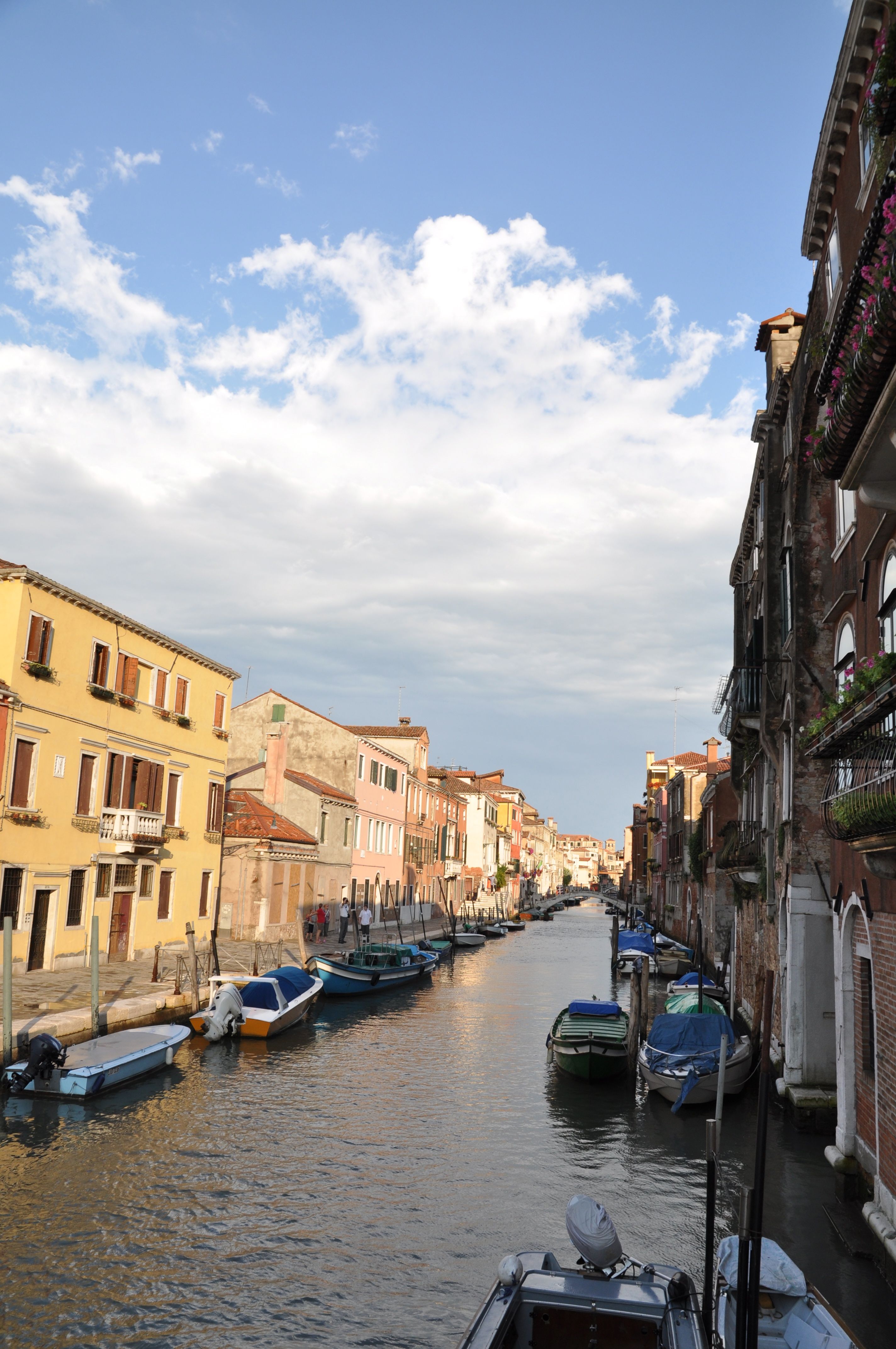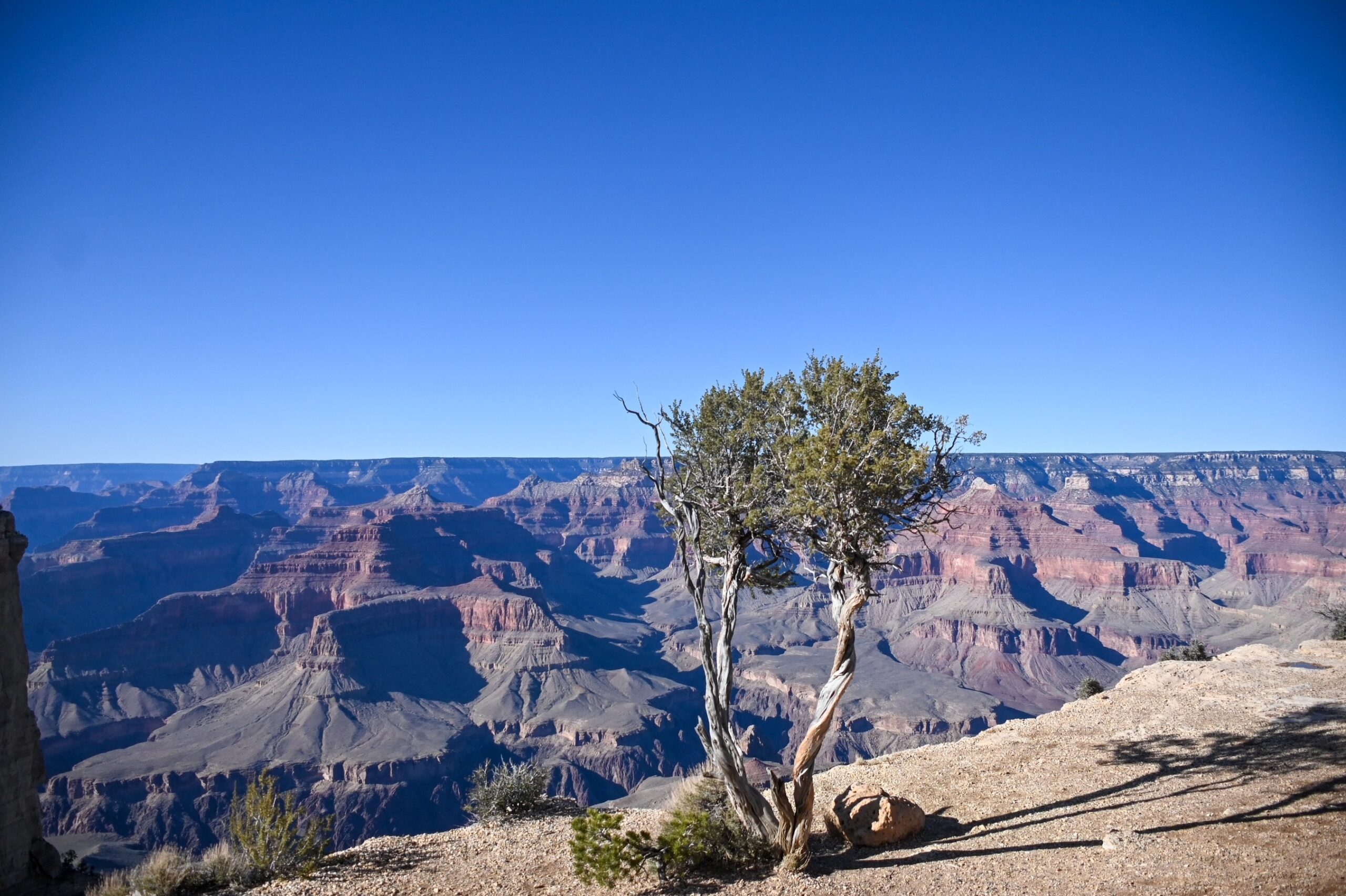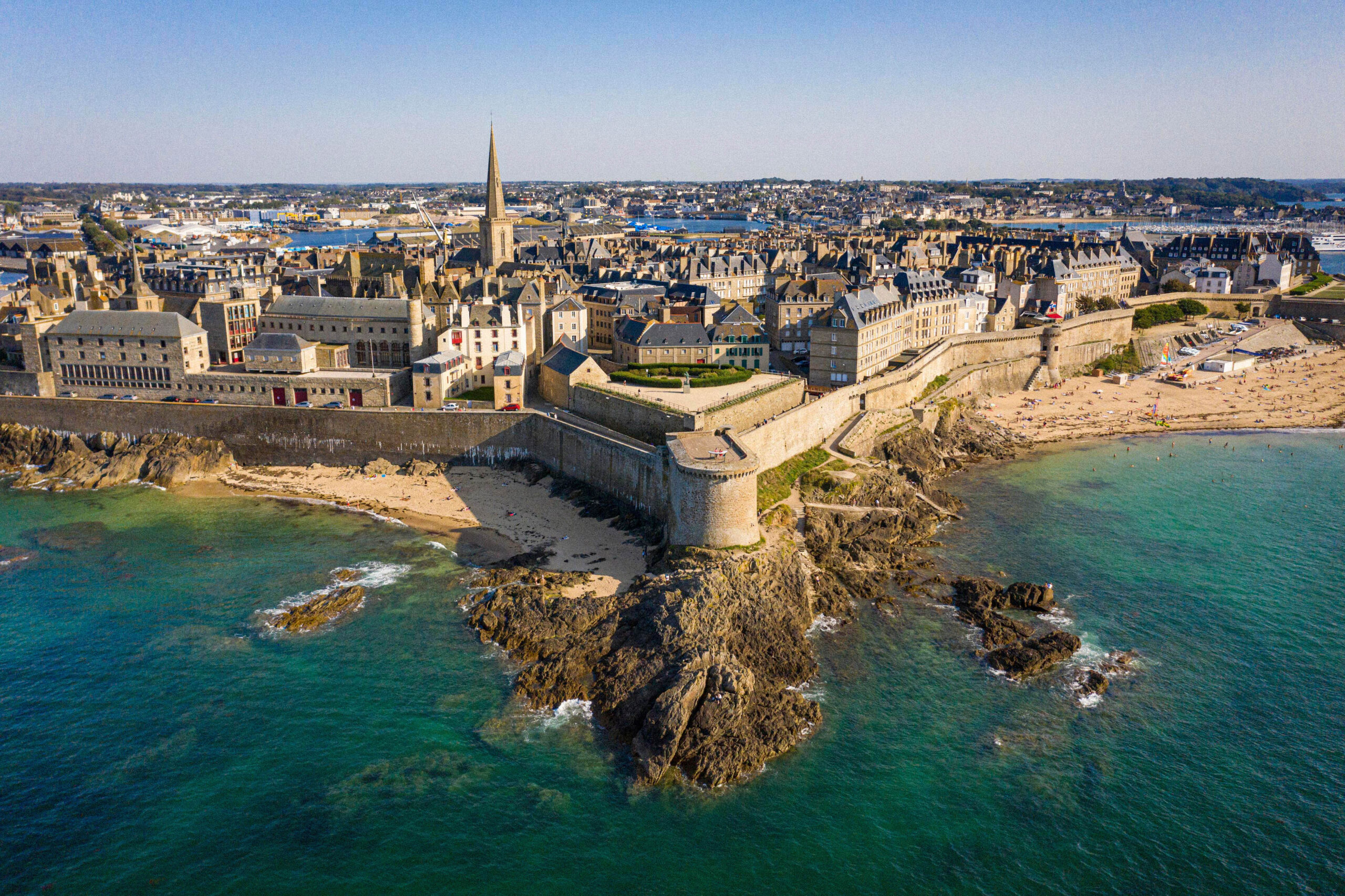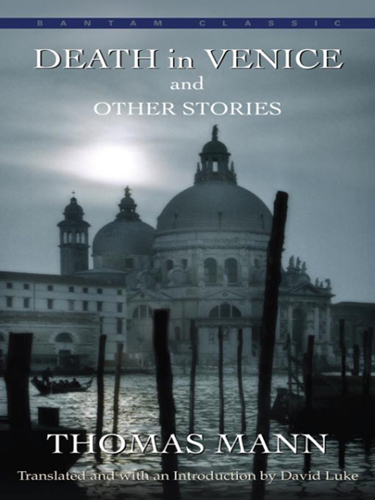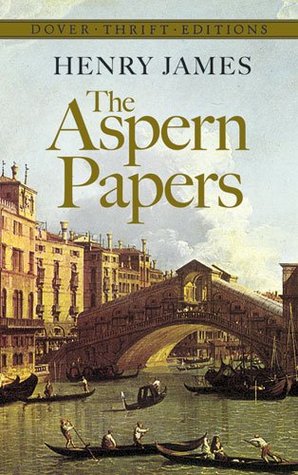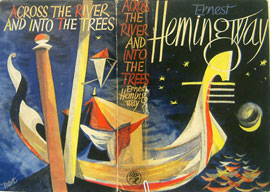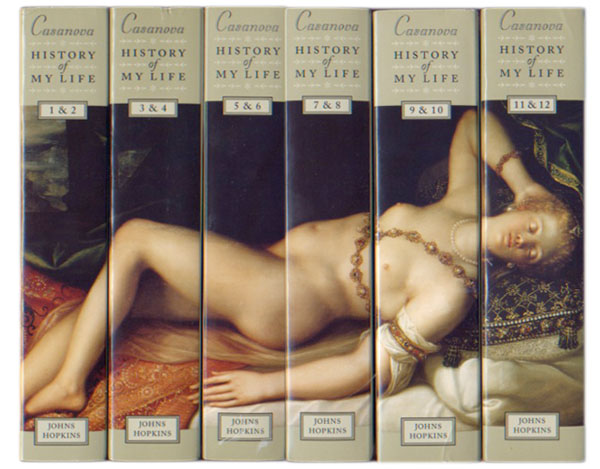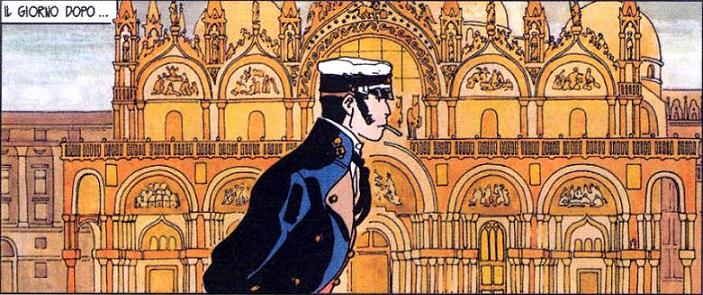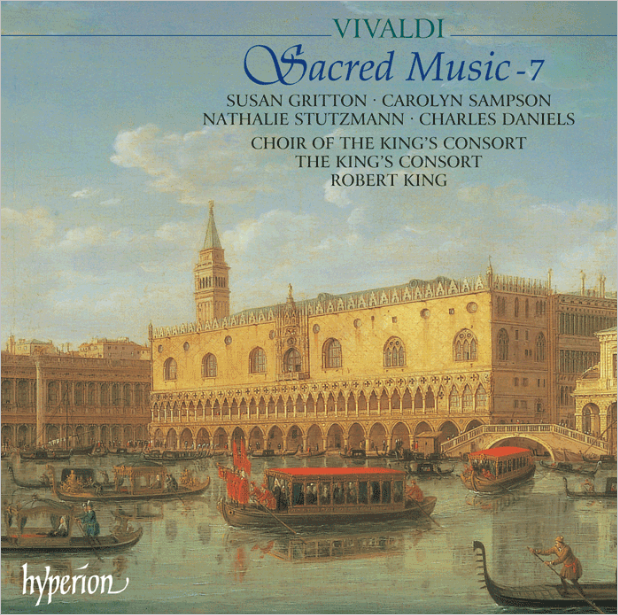Akiko asked for some suggestions to prepare a trip to Venice. The book I read during my last visit to Venice was « Death in Venice (Der Tod in Venedig) » by Thomas Mann. A famous classic which takes pace both on the Lido and in the city in which a cholera epidemic is brewing. This is a novella developing the themes of decline, forbidden love and moral and physical degradation.
The adaptation of “Death in Venice” by Luchino Visconti is very famous. In the movie, Dirk Bogarde plays Aschenbach, a famous German artist who is consumed by a forbidden desire and like Venice is sinking towards death. Mahler’s music enhances the beauty of the images and the feeling of an inescapable decline.
Henry James wrote a great short story set in Venice. “The Aspern Papers” is full of suspense but also develops deeply the characters’ psychology. It tells the story of a biographer searching for the letters sent by a famous writer to Juliana whom he loved more than fifty years ago. She is now a very old lady, mistrustful and greedy and she retreated with her niece Tita in a decrepit Venetian palazzo. The biographer manages to rent a few rooms in their house and, without revealing his purpose, tries everything to get a hold on the papers before Juliana passes away. When he goes out with Tita to discover the city, James gives us some exquisite pages about Venice.
« Across the River and into the Trees » is not Hemingway’s most celebrated novel. Some criticize poor and repetitive dialogues while others are shocked by this love story between Cantwell, a 50 years old American colonel and Renata, an 18 years old aristocrat from Venice. It is winter in Venice, just after World War II. Cantwell landed in Normandy and liberated Paris. During the First World War, he fought with the Italians in the Veneto. I actually enjoyed this novel and the story of this man close to death who is desperately seeking a new youth in this wonderful city. A novel that makes you want to push the doors of Harry’s Bar during your next visit in Venice.
It’s about time for me to write about a Venetian author. The most famous is probably Giacomo Casanova, even if he remains better known for his amorous adventures than for “History of my Life”, his memoirs written in French. I haven’t read the 4000 pages of the book, but I just read the Album that the prestigious Pléiade Collection put together to honor the man whose name has become synonymous with seduction. His life is full of adventures in a cosmopolitan Europe just before the French Revolution: he was expelled twice from Venice, he escaped from “the Leads”, the prison in the Doges’ Palace, but he finished as a solitary librarian in a castle in Bohemia…
Shakespeare wrote two plays taking place at least in part in Venice: one tragedy “Othello, the Moor of Venice” and a comedy “The Merchant of Venice ». I read both and liked them, with a preference for Othello. But reading a play doesn’t compare to watching it. So I am waiting for the next opportunity. Of course, Othello has also been adapted for the opera and for the cinema (Orson Welles). Here is a link to « The Willow Song » in which Desdemona is interpreted by Renée Fleming, from Verdi’s opera.
Venice is also one of the magical places to which Corto Maltese regularly comes back during his travels around the globe. In “Fable of Venice”, Hugo Pratt, leads us in the secret corners of the city. While the Fascists are starting to take power, Corto is looking for a legendary emerald which is mentioned the antique, byzantine, arabic and masonic traditions. But how much of this is just sheer madness or maybe then theater?
Corto Maltese also offers us a guidebook with his hidden itineraries.
It is time to conclude about Venice. I propose some verses by Lord Byron:
O VENICE! Venice! when thy marble walls
Are level with the waters, there shall be
A cry of nations o’er thy sunken halls, …
A loud lament along the sweeping sea!
If I, a northern wanderer, weep for thee,
What should thy sons do?—anything but weep?
And yet they only murmur in their sleep.
In contrast with their fathers, as the slime,
The dull green ooze of the receding deep,
Is with the dashing of the spring-tide foam,
That drives the sailor shipless to his home,
Are they to those that were; and thus they creep,
Crouching and crab-like, through their sapping streets.
O agony! that centuries should reap
No mellower harvest! Thirteen hundred years
Of wealth and glory turned to dust and tears;
French singers have also contributed. Charles Aznavour sings « How sad Venice can be, when you return alone… ».
While Serge Reggiani would like to convince us that « Venice is not in Italy (Venise n’est pas en Italie) ».
And if all of this is too romantic for your taste, let’s go back to the baroque music of Antonio Vivaldi, bor in Venice, for example his Gloria.
